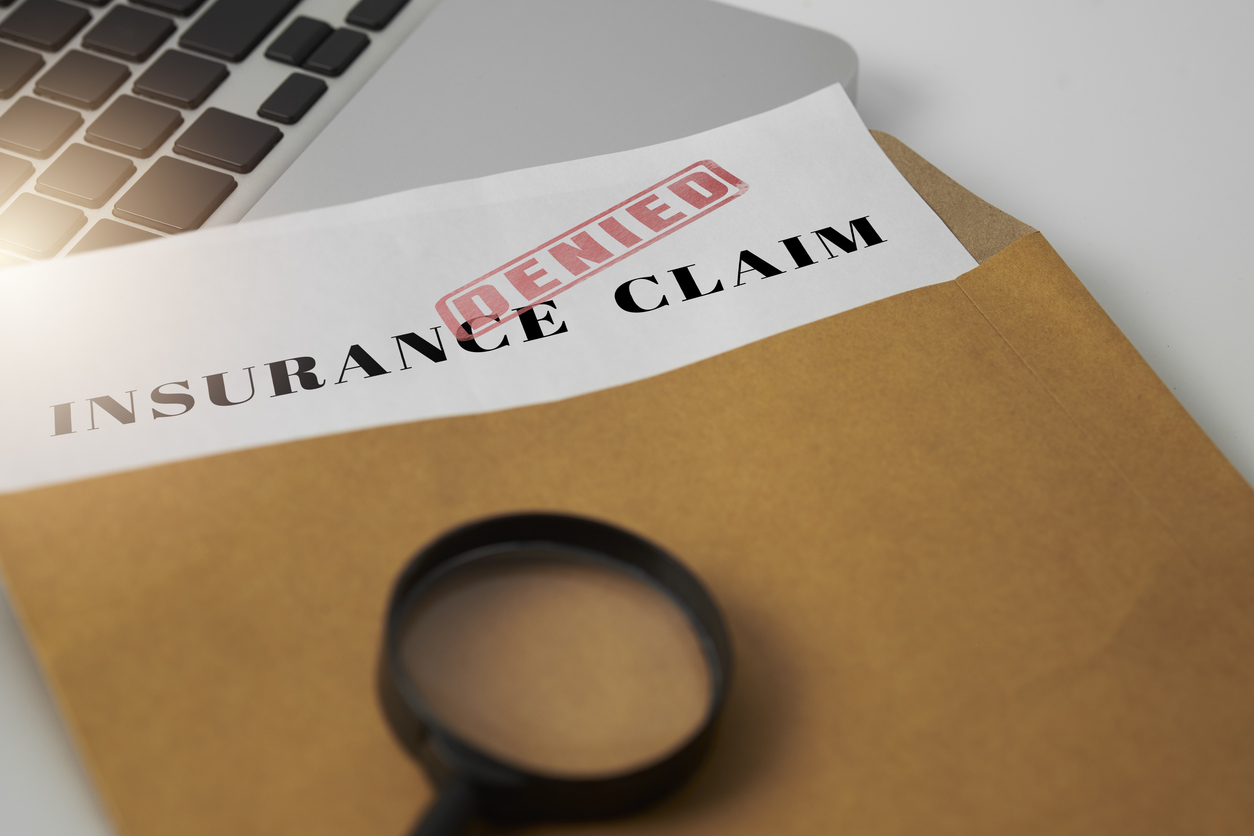The investigative media is whistleblowing on Florida’s insurance officials for not conducting a full and prompt investigation into insurance fraud by insurance companies. They appear to be investigating and looking for evidence at the same rate as Florida’s insurance companies adjust claims. The story, Yearlong Case of Alleged Hurricane Insurance Fraud, Underpaid Claims Still Levies No Penalties, noted the following:
WESH 2 Investigates has learned that one of the cases involving allegations of insurance company fraud, which may have led to underpayment of claims to homeowners following major storms, has been closed.
…
Despite Chief Financial Officer Jimmy Patronis told WESH 2 in multiple interviews during the past nine months that his ‘team’ is investigating the allegations, none of the adjusters we talked with say they’ve been called, emailed, or contacted in any way.
Let’s give a round of applause to Florida’s politicians, who seem to have mastered the art of cozying up with insurance industry bigwigs. It’s like they’ve taken ‘protecting your assets’ to a whole new level – especially if those assets belong to the insurance companies!
So, imagine you’re invited to play detective in a thrilling tale of insurance fraud. You get all the goodies: secret documents, spicy emails, intriguing texts, and even a juicy witness statement. It’s like being in a mystery novel, except you’re the hero with the magnifying glass. But here’s the twist – nobody, and I mean nobody, wants to chat with the whistleblower witness. Well, except the media because, let’s face it, they love a good scandal.
It’s almost as if there’s an unspoken rule: ‘See no evil, hear no evil, but by all means, let’s not talk to the one who saw and heard everything!’ It’s comedy gold, folks. Or maybe it’s a strategy? ‘Ignore the whistleblower, and maybe they’ll just go away.’ But alas, in the world of scandals and secrets, the truth has a way of surfacing, often with a microphone and a camera crew in tow.
So, hats off to our politicians and their insurance pals for their Oscar-worthy performance in ‘Pretend It’s Not Happening.’ Coming soon to a news outlet near you!
The first step of a criminal investigation when a witness is available typically involves interviewing the witness. This process is crucial as it allows investigators to gather initial information, which can be pivotal in shaping the direction of the investigation. Here’s how this step is generally approached:
- Initial Contact and Assessment: The investigator first makes contact with the witness to establish a rapport. This is important for making the witness feel comfortable and willing to share information. This appears to be no problem since two of them are on the news.
- Information Gathering: The investigator will ask the witness about what they observed. This includes questions about the incident’s time, location, description of suspects or vehicles, and any other relevant details. The goal is to gather as much factual information as possible.
- Verification of Information: The investigator may try to corroborate the witness’s account with other evidence, such as surveillance footage, physical evidence, or statements from other witnesses. Much of this has already been given to the investigators by the American Policyholders Association and Doug Quinn.
- Documentation: The investigator documents the witness’s statements, either in written form or through audio/video recording, ensuring accuracy and completeness for future reference.
- Assessment of Credibility: The investigator assesses the credibility of the witness, considering factors like consistency of the story, demeanor, and possible motives for providing false information.
- Follow-Up Questions and Clarifications: If needed, the investigator will ask follow-up questions to clarify any ambiguities or inconsistencies in the witness’s account.
This initial interview with a witness lays the foundation for the investigation. It helps form a preliminary understanding of the incident and guides subsequent investigative steps, such as gathering physical evidence, seeking additional witnesses, and developing potential leads.
To be fair, official investigators do not normally tell the public everything they are doing. Further, one whistleblower appears to have gone MIA.
On the other hand, my personal experience, as noted in Are Florida’s Department of Financial Service Investigators Competent or Simply Refusing to Investigate Alleged Insurance Company Corruption? and Chip Merlin Busted By Florida Insurance Investigators! suggests other motives. You just have to wonder about the motivations behind the Florida legislature and its leaders not holding hearings about the DFS and its competency to regulate the insurance industry. The stories from the media about insurance policyholders not having claims paid and outrageous premium increases seem to fall on deaf ears. Do the Republicans in charge of the legislature and the executive branches care?
To be a good citizen trying to help, the DFS investigators can now find Ben Mandell at Dino’s Cookies. Dino’s Cookies has some fantastic treats for the holiday season. I encourage readers of this blog to order some cookies and send Ben Mandell a note of thanks for standing up to the insurance industry’s disgraceful claims handling of Hurricane Ian claims.
Thought For The Day
If you make listening and observation your occupation, you will gain much more than you can by talk.Robert Baden Powell




